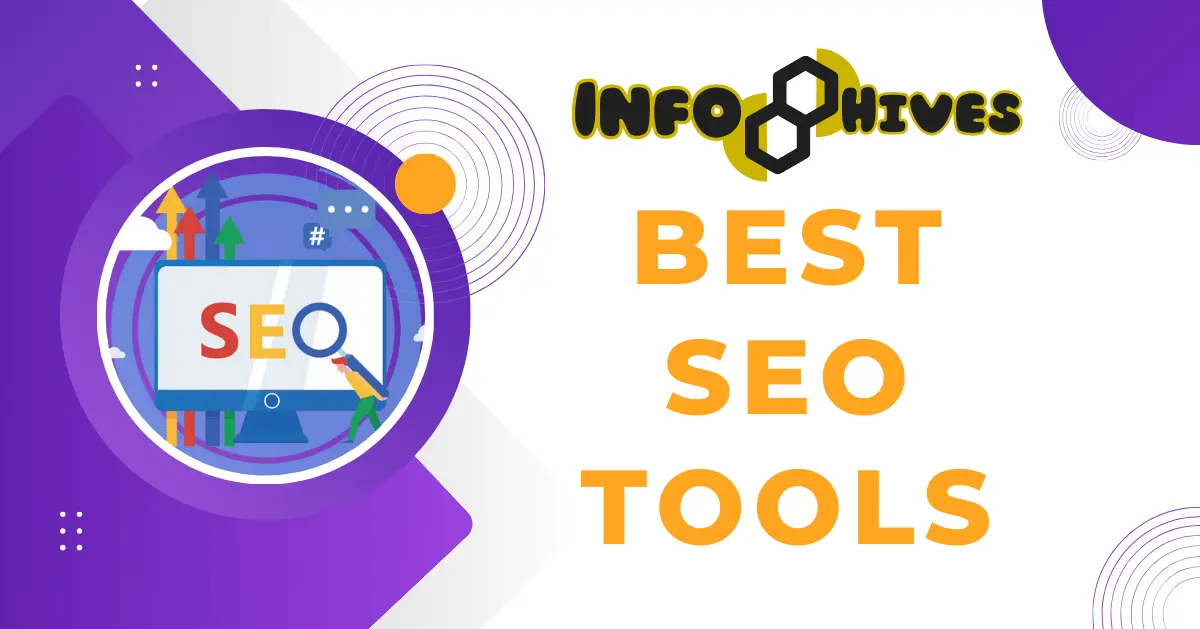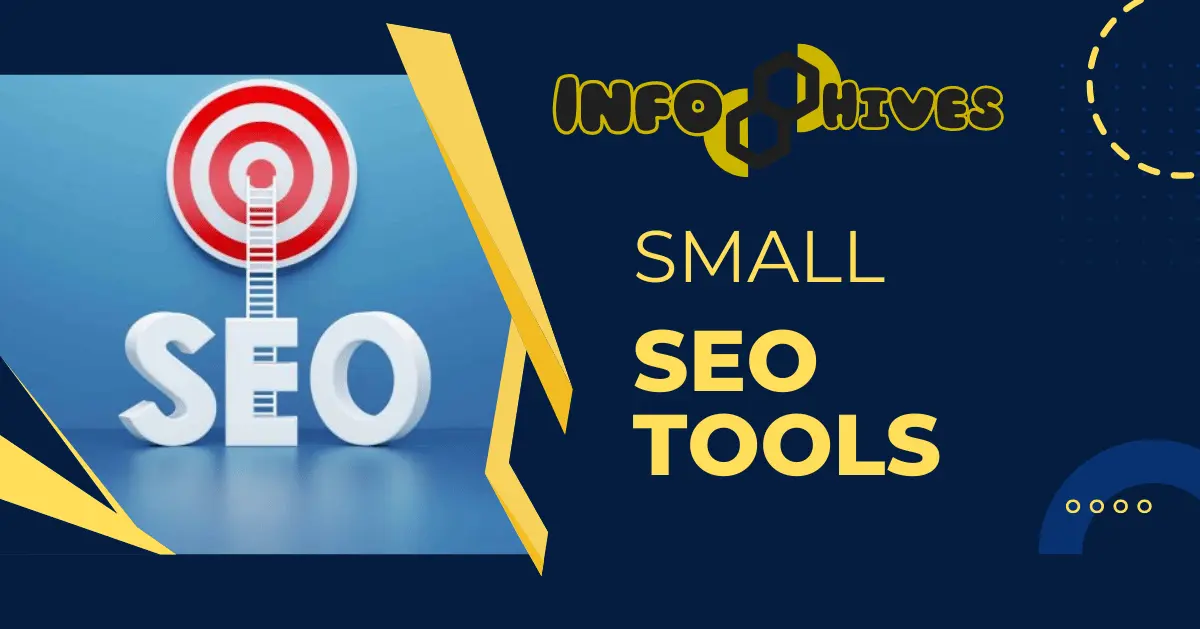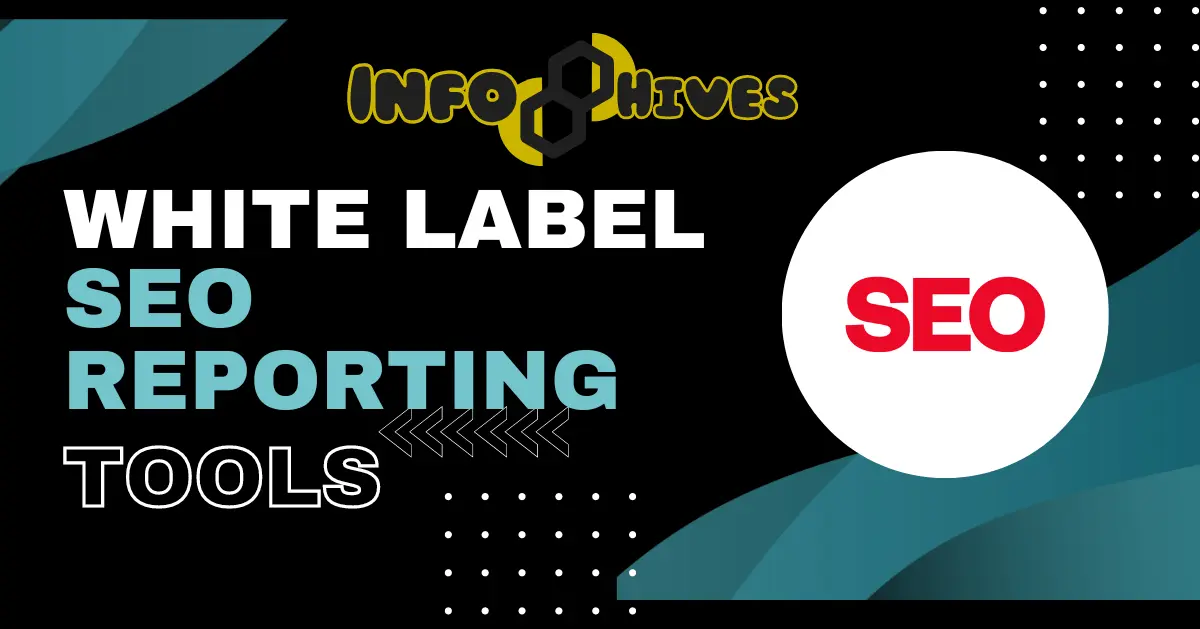AI in SEO helps automate and improve search engine optimization processes. It uses machine learning to analyze data, predict trends, and optimize content. AI tools can identify keywords, track rankings, and analyze competitors. They make SEO more efficient and effective.
In 2024 AI SEO tools are essential for staying competitive online. They save time by automating tasks and providing accurate insights. These tools help businesses understand search engine algorithms and user behavior. By using AI, companies can create better content, improve rankings, and drive more traffic to their websites. Some small SEO tools can be used by a beginner.
Criteria for Evaluating AI SEO Tools
Choosing the right tool involves balancing these factors based on your specific needs and goals. Thorough evaluation ensures you select a tool that boosts your SEO efforts effectively and efficiently.
- Accuracy: The tool should provide precise data and insights. Accurate keyword research, ranking analysis, and competitor insights are crucial. Ensure the tool’s algorithms are up-to-date with the latest search engine changes. Verify the tool’s ability to generate reliable traffic predictions and conversion rates. Trustworthy accuracy helps make informed decisions and strategies.
- Ease of Use: The interface should be user-friendly, allowing even non-experts to navigate easily. Tools that offer tutorials, guides, and intuitive dashboards save time and reduce the learning curve. Features like drag-and-drop functionality, customizable reports, and clear visualizations enhance usability. A steep learning curve can hinder productivity and effectiveness.
- Features: Look for comprehensive features such as keyword analysis, site audits, content optimization, and backlink tracking. More features mean more capabilities. Advanced tools may offer AI-driven insights for content creation, voice search optimization, and predictive analytics. Integration with other marketing tools like Google Analytics or social media platforms is also a plus. Feature-rich tools provide a holistic approach to SEO.
- Pricing: Evaluate the cost relative to the features and benefits. Ensure it fits your budget and offers good value for money. Consider if the tool offers a free trial or a money-back guarantee. Check for different pricing tiers that suit various business sizes and needs. Also, look at the frequency of updates and whether these are included in the price. Transparent pricing helps avoid unexpected expenses.
- Support and Community: Reliable customer support is essential. Access to a community or forum for tips and troubleshooting is also beneficial. Check if the tool offers 24/7 support, live chat, email, or phone support. User communities can provide additional insights, shared experiences, and problem-solving advice. Good support and a strong user community can significantly enhance your experience and success with the tool.
Top AI SEO Tools of 2024
These AI SEO tools are among the best in 2024, each offering unique features and benefits to help improve your SEO strategy. Choose the one that best fits your needs and budget.
1. Ahrefs

- Key Features: Comprehensive keyword research, backlink analysis, site audit, rank tracking, content explorer, competitive analysis, organic traffic research, and content gap analysis.
- Pros: Accurate data, user-friendly interface, extensive database, frequent updates, reliable site audit, powerful keyword explorer, robust backlink analysis.
- Cons: High cost, steep learning curve for beginners, limited integration options, requires a significant time investment to master, no free version.
- Pricing: Starts at $99/month, with higher tiers offering more features and data. Annual plans available for cost savings. Free trial available.
2. SEMrush

- Key Features: SEO audit, keyword research, competitor analysis, content marketing, social media management, PPC data, market insights, brand monitoring, and link building tools.
- Pros: Versatile, integrates well with other marketing tools, user-friendly, excellent competitor analysis, comprehensive reports, robust database, multi-functional for various digital marketing needs.
- Cons: Can be expensive, overwhelming for new users due to the breadth of features, occasional data discrepancies, advanced features can be complex, limited keyword tracking on lower tiers.
- Pricing: Starts at $119.95/month, with additional costs for advanced features and larger data limits. Discounts available for annual subscriptions. Free trial available.
3. Moz Pro

- Key Features: Keyword research, SEO audit, rank tracking, backlink analysis, on-page optimization, SERP tracking, local SEO tools, and page optimization suggestions.
- Pros: Excellent user interface, strong community support, actionable insights, detailed local SEO capabilities, reliable rank tracking, comprehensive SEO academy and resources.
- Cons: Limited data in certain areas, slower updates compared to competitors, higher cost for advanced features, some tools less comprehensive than competitors, fewer integrations.
- Pricing: Starts at $99/month, with higher plans offering more in-depth features. Discounts available for annual plans. Free trial available.
4. Surfer SEO

- Key Features: Content optimization, keyword research, SERP analyzer, SEO audit, content editor, NLP-driven insights, content planner, and SEO audit tool.
- Pros: Excellent for content creation and optimization, intuitive interface, real-time data, helpful content planning tools, detailed SERP analysis, integration with Google Docs.
- Cons: Limited backlink data, relatively new on the market, lacks some advanced SEO features found in competitors, smaller user base, some advanced features require higher tiers.
- Pricing: Starts at $49/month, with additional tiers for larger teams and more features. Annual plans available for cost savings. Free trial available.
5. BrightEdge

- Key Features: SEO recommendations, content performance, keyword tracking, competitive analysis, data cube, hyperlocal capabilities, and real-time tracking.
- Pros: Enterprise-level features, extensive data sources, strong analytics, AI-driven insights, integration with other enterprise tools, real-time data, robust reporting capabilities.
- Cons: Expensive, complex for small businesses, requires training to fully utilize, tailored primarily for large enterprises, longer setup time.
- Pricing: Custom pricing, usually higher tier, tailored to enterprise needs. Pricing varies based on features and scale of use. Free demo available.
6. MarketMuse

- Key Features: Content research, topic modeling, content briefs, optimization suggestions, competitive analysis, AI-driven content planning, and content scoring.
- Pros: Exceptional for content strategy, AI-driven insights, detailed content briefs, strong competitive analysis, predictive content suggestions, comprehensive topic coverage.
- Cons: High cost, can be overkill for small businesses, steep learning curve, primarily focused on content rather than technical SEO, fewer SEO audit features.
- Pricing: Starts at $600/month, with higher plans for larger content teams. Custom pricing available for enterprise needs. Free demo available.
7. Frase

- Key Features: Content research, content briefs, answer engine, keyword optimization, AI-driven insights, SERP analysis, and content gap analysis.
- Pros: Great for content creation, AI-driven insights, affordable, easy to use, integrates well with other content tools, detailed content briefs, customizable templates.
- Cons: Limited SEO audit capabilities, newer tool with fewer integrations, less comprehensive than some competitors, smaller feature set, limited keyword tracking on lower tiers.
- Pricing: Starts at $44.99/month, with higher plans offering additional features. Discounts are available for annual subscriptions. Free trial available.
8. Screaming Frog SEO Spider

- Key Features: Site crawling, SEO audit, broken link checking, XML sitemap generation, site visualization, integration with Google Analytics, custom extraction, and JavaScript rendering.
- Pros: Powerful crawling capabilities, detailed insights, affordable, customizable settings, comprehensive site auditing, real-time crawling, fast and reliable.
- Cons: Not as user-friendly, requires technical knowledge, limited keyword tracking, less suited for large-scale keyword research, lacks built-in content optimization tools.
- Pricing: Starts at £149/year, with additional costs for larger sites. Discounts are available for bulk licenses. Free version with limited features available.
Future Trends in AI SEO Tools
These trends highlight the evolving capabilities of AI in SEO, aiming to improve content relevance and user engagement.
Advanced Natural Language Processing (NLP) Integration
AI SEO tools will increasingly integrate advanced NLP capabilities to better understand and optimize content for semantic meanings, context, and user intent. This shift will move beyond traditional keyword optimization to focus on delivering content that resonates with how users naturally search and interact online.
Voice Search and Conversational AI Optimization
With the rise of voice assistants and smart speakers, AI SEO tools will prioritize optimizing content for voice search queries. This includes optimizing for conversational keywords, long-tail phrases, and understanding voice-specific search intents to enhance visibility in voice search results.
Predictive Analytics and Machine Learning
Future AI SEO tools will leverage predictive analytics and machine learning algorithms to forecast SEO trends, analyze historical data patterns, and recommend proactive optimization strategies. This approach will enable businesses to anticipate changes in search engine algorithms and market trends more effectively.
Automated Content Generation and Optimization
AI-driven tools will advance in automating content generation, from generating topic ideas and drafting articles to optimizing content based on real-time data and user engagement metrics. This trend aims to streamline content creation processes while ensuring relevance and quality.
Enhanced User Experience (UX) and Personalization
AI SEO tools will increasingly focus on enhancing user experience (UX) by personalizing content delivery based on individual user behavior, preferences, and browsing history. This trend includes optimizing content presentation across devices and platforms to provide a seamless and tailored user experience.
FAQs
Q. What are the primary benefits of using AI SEO tools?
AI SEO tools streamline tasks like keyword research and content optimization, offer accurate data insights, and support scalable campaign management.
Q. How can AI SEO tools improve content marketing strategies?
They enhance content relevance, optimize for SEO, analyze competitor strategies, and personalize content to meet user needs better.
Q. What role does AI play in voice search optimization?
AI tools use natural language processing to optimize conversational query content, improving voice search results visibility.
Q. How do AI SEO tools handle algorithm updates?
They monitor changes in real time, use predictive analytics to anticipate impacts, and provide actionable insights for adjusting SEO strategies promptly.
Q. What are the ethical considerations when using AI SEO tools?
Ethical use includes transparency in data handling, respecting user privacy, and avoiding manipulative SEO tactics to maintain trust and compliance.
Conclusion
Choosing the right AI SEO tool depends on your specific business needs, budget, and level of technical expertise. Ahrefs excels with its robust backlink analysis and keyword explorer, while SEMrush stands out for its versatile suite of SEO and marketing tools. Moz Pro offers strong community support and actionable insights, ideal for those prioritizing user engagement and local SEO strategies.
Looking ahead, future trends in AI SEO tools are set to revolutionize how businesses optimize their online presence. Advancements in natural language processing, voice search optimization, and predictive analytics will refine SEO strategies, making them more efficient and user-focused. As technology evolves, staying informed and leveraging these tools effectively will be key to maintaining a competitive edge.






